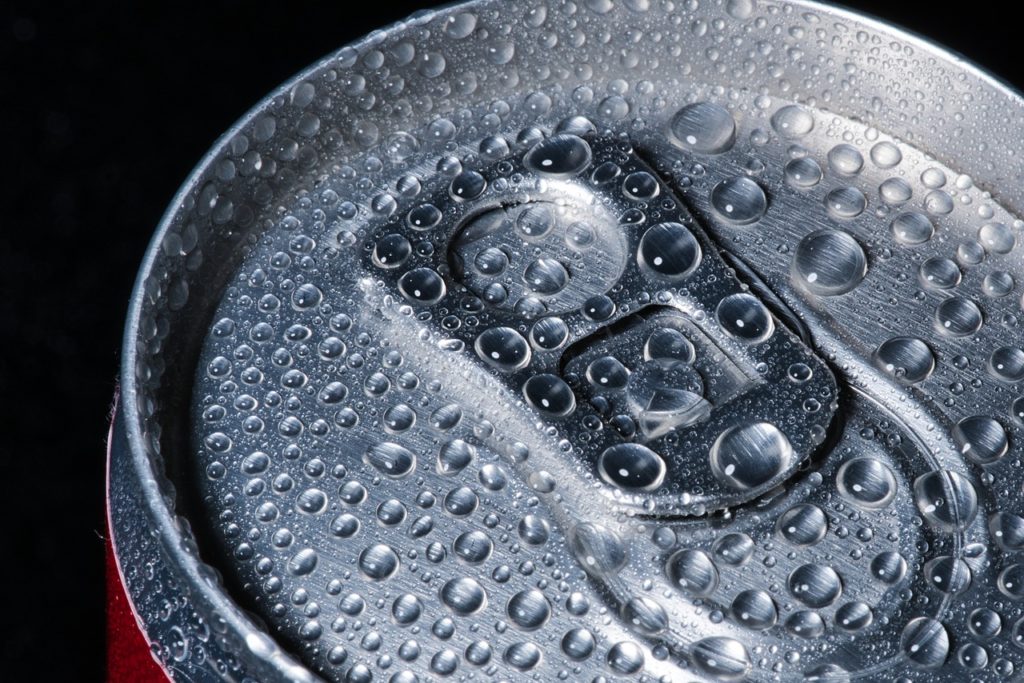In the article “Exploring the Variances: Sparkling Water vs Tonic Water vs Mineral Water,” you will discover the distinctive characteristics that set these three types of refreshing beverages apart. From their taste profiles to their health benefits, understanding the key differences between sparkling water, tonic water, and mineral water will equip you with the knowledge necessary to make an informed choice when quenching your thirst. So, let’s dive into the intriguing world of these beverages and uncover the variances that make them unique.

Sparkling Water
Sparkling water, also known as carbonated water or soda water, is a refreshing and fizzy beverage that has gained popularity among health-conscious individuals. The carbonation process is what sets sparkling water apart from other types of water.
Carbonation Process
The carbonation process involves dissolving carbon dioxide gas into water under pressure, creating those delightful bubbles. This process can occur naturally or artificially. Natural carbonation occurs when water is sourced from natural springs or underground wells that contain naturally occurring carbon dioxide. On the other hand, artificial carbonation involves adding carbon dioxide gas to plain water.
One of the benefits of carbonation is that it enhances the taste and experience of drinking water. The effervescence provides a pleasant sensation on the tongue, giving a refreshing and enjoyable drinking experience.
Flavor Varieties
Sparkling water comes in a wide range of flavors, providing an alternative to plain still water. Manufacturers often infuse the water with various fruit extracts or natural flavors, such as lemon, lime, or berry, to give it a delicious twist. These flavors help to curb soda cravings and provide a healthier alternative to sugary beverages.
Benefits and Drawbacks
Drinking sparkling water can have several benefits. Firstly, it can help promote hydration, as some people find the carbonation makes it more enjoyable to drink, increasing their overall intake of water. Additionally, sparkling water is a calorie-free beverage, making it an excellent choice for those looking to manage their weight.
However, it is worth noting that carbonated water can cause gas and bloating in some individuals, particularly those who are sensitive to gas-producing foods. It is essential to listen to your body and consume sparkling water in moderation if you experience any discomfort. Furthermore, some flavored sparkling water products may contain added sugars or artificial sweeteners, so it is crucial to review the product labels carefully.

Tonic Water
Tonic water, often used as a mixer for cocktails, has a distinct flavor profile that sets it apart from sparkling and mineral water. It is known for its bitter taste and tangy undertones, making it a unique beverage.
Quinine Content
One of the distinguishing features of tonic water is its quinine content. Quinine is a bitter compound that comes from the bark of the cinchona tree. Historically, quinine was used to treat malaria due to its antimalarial properties. While the amount of quinine in commercially available tonic water is significantly lower than what was historically used for medicinal purposes, it still provides a subtle bitter taste.
Flavor Profile
Tonic water has a characteristic bitter and slightly acidic taste, which stems from the quinine and other flavoring agents added during the manufacturing process. The bitterness can be balanced with the addition of sweeteners or other ingredients when used as a mixer in cocktails.
Common Uses
Tonic water is commonly used as a mixer in classic cocktails such as the gin and tonic, vodka tonic, or tequila tonic. The distinctive flavor of tonic water enhances the overall taste of these beverages, adding a refreshing and bitter twist. It is also enjoyed on its own as a thirst-quenching drink, particularly in regions where it is popular.

Mineral Water
Mineral water, as the name suggests, contains various minerals that are naturally present in the water source. This type of water is sourced from natural springs or underground wells, often from specific locations known for their mineral-rich water.
Natural Sources
Mineral water is sourced from natural springs or wells, where water filters through layers of rock and gathers minerals along the way. These natural sources of mineral water offer pristine and uncontaminated water, resulting in a high-quality product.
Mineral Composition
The composition of minerals in mineral water can vary depending on the water source. Some common minerals found in mineral water include calcium, magnesium, potassium, and sodium. These minerals contribute to the unique taste and potential health benefits associated with mineral water.
Health Benefits
Drinking mineral water can provide additional health benefits compared to plain water due to its mineral content. For instance, minerals like calcium and magnesium are essential for maintaining strong bones and teeth. Potassium is vital for proper heart and muscle function, while sodium helps maintain fluid balance in the body.
Mineral water is often praised for its potential to promote digestion and overall well-being. However, it is essential to note that the benefits may vary depending on the specific mineral composition and individual health needs.
In conclusion, sparkling water, tonic water, and mineral water each offer a distinct drinking experience. Sparkling water provides a bubbly and refreshing option with various flavors to satisfy different preferences. Tonic water, with its bitter taste and quinine content, is commonly used as a mixer in cocktails or enjoyed on its own for its unique flavor profile. Mineral water, sourced from natural springs, contains minerals that may offer additional health benefits compared to plain water. Ultimately, choosing between these waters depends on individual preferences and considerations. Stay hydrated and enjoy the variety of available options!


